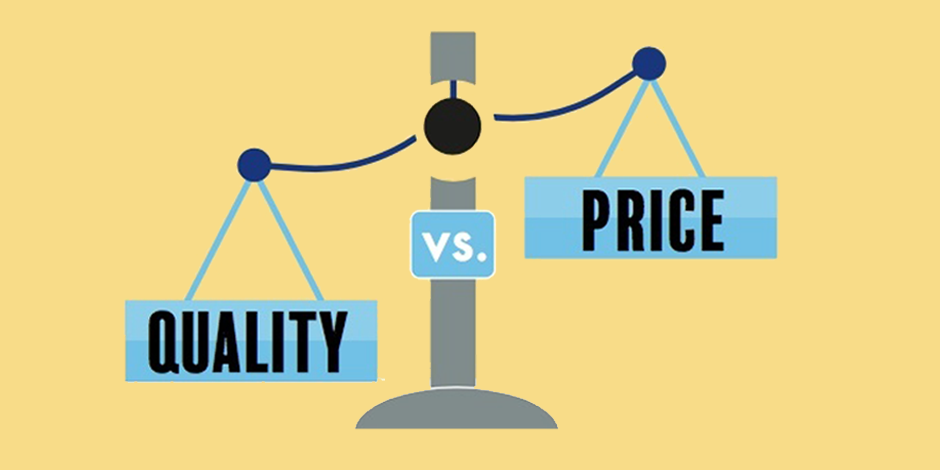Navigating the Economic Waters: The Effects of Rising Prices of Goods

Introduction
In recent times, consumers around the world have been feeling the pinch of increasing prices on everyday goods. Whether it's the cost of groceries, fuel, or housing, the rising prices of goods have become a topic of concern and conversation. In this article, we'll delve into the multifaceted effects of these price hikes, exploring how they impact individuals, businesses, and economies.
The Consumer's Dilemma
For the average consumer, the most immediate and tangible effect of rising prices is a strain on their budget. As prices of essentials like food and energy rise, households find themselves allocating a larger portion of their income to meet basic needs. This can lead to reduced discretionary spending, limited savings, and an overall lower quality of life for some.
Inflation, driven by price increases, erodes the purchasing power of money. Individuals often find themselves paying more for the same goods, which can lead to a sense of financial insecurity and frustration. In some cases, people may need to make difficult choices about their spending priorities.
Businesses Under Pressure
Businesses are also significantly affected by rising prices of goods. Many companies rely on raw materials and inputs to produce their products or services. When the cost of these inputs increases, businesses are faced with several options, none of which are ideal:
-
Absorbing Costs: Some businesses may choose to absorb the increased costs, which can lead to reduced profit margins.
-
Passing Costs to Consumers: In many cases, businesses pass on the cost increases to consumers through higher prices. However, this can reduce demand for their products, impacting sales.
-
Seeking Alternatives: Some companies seek alternative suppliers or materials to mitigate cost increases. However, this can be a challenging and time-consuming process.
-
Cost Cutting: To maintain profitability, businesses may resort to cost-cutting measures, such as layoffs or reduced investment in expansion and innovation.
Economic Ripples
Rising prices of goods have broader economic implications. Inflation, driven by increasing costs, can erode the value of currency and lead to higher interest rates, affecting borrowing costs for individuals and businesses. Central banks may adjust monetary policy to control inflation, which can have far-reaching consequences for financial markets and investments.
Furthermore, inflation can create uncertainty in financial planning and investment decisions, affecting long-term economic stability. Importantly, it can disproportionately impact vulnerable populations who are less able to absorb price increases.
Conclusion
The effects of increasing prices of goods are complex and interconnected, touching the lives of individuals, businesses, and economies. It is essential for policymakers, businesses, and consumers to work together to address these challenges.
Addressing rising prices often requires a multi-pronged approach, including measures to enhance the supply chain, support small businesses, and ensure that social safety nets are in place to protect the most vulnerable members of society.
As we navigate the economic waters of increasing prices, it is crucial to remain informed and engaged in discussions about solutions that promote economic stability, protect consumers, and support sustainable growth. Only through collective effort can we hope to mitigate the effects of rising prices and build a more resilient and inclusive economy.








